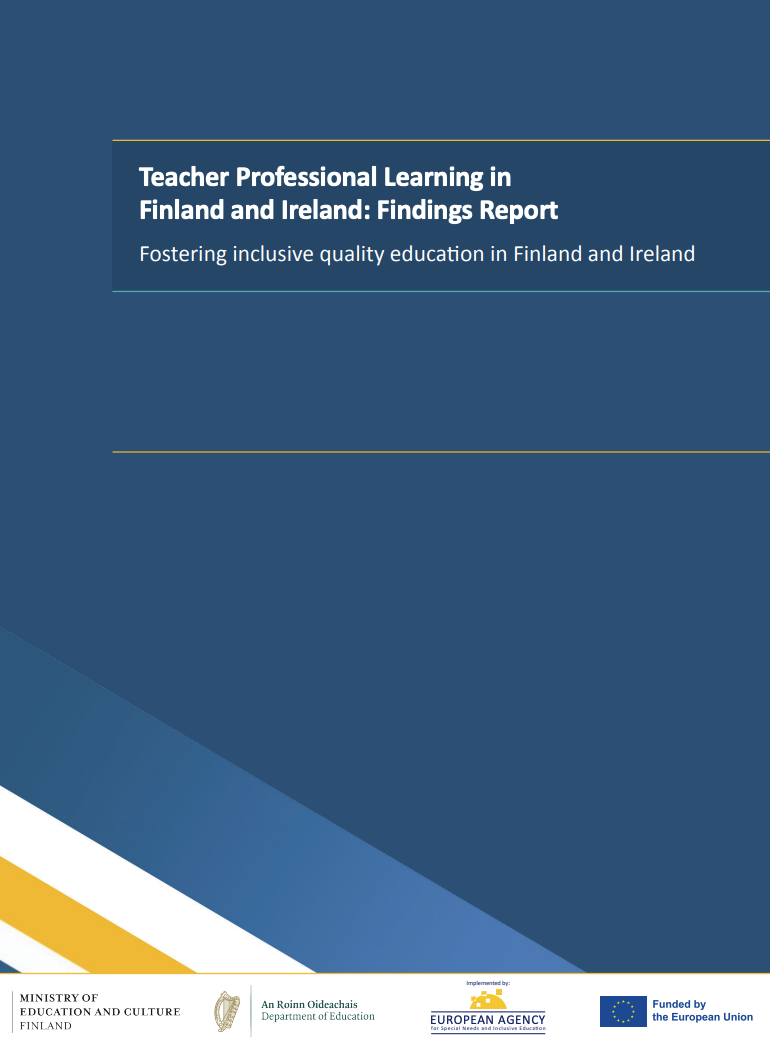As part of the ‘Fostering Inclusive Quality Education in Finland and Ireland’ Technical Support Instrument project, EASNIE is holding a series of webinars which explore the foundational concepts of inclusive education.
The first webinar, entitled ‘Inclusive and special education – same or different?’, took place on 4 September. Over 100 policy-makers and other stakeholders from the two project countries attended the webinar, which explored the concepts of both special and inclusive education and their implications for teacher professional learning.
Professor Lani Florian of the University of Edinburgh gave a keynote presentation on inclusive and special education. She outlined the differences between special education, which focuses on individual needs, and inclusive education, which aims to provide quality education to all learners. She highlighted the change in demographics in classrooms in recent times, and how differentiation can lead to learners being further excluded from the class group, rather than included. She stressed the importance of teacher education and preparedness to overcome these issues, and how reforms to teacher education and professional learning can help to move inclusive education systems forward.
Following the keynote speech, a thematic panel session on preparing teachers for inclusion took place, which included three presentations:
The first presentation came from TSI project team members, who gave an overview of the key findings of the TSI project in Finland and Ireland. They presented the strengths and challenges in the Finnish and Irish education systems, as well as recommendations for future policy development in each country. This included a series of shared priority actions for both countries, such as ensuring a clear definition of inclusive education and developing teacher education.
Next, Helen Walsh from the National Council for Special Education (NCSE) in Ireland presented NCSE’s Universal Design for Learning (UDL) pilot project. The project is working with schools to develop UDL practices in classrooms and assess their impact on learners, teachers and school leaders.
Finally, Mirva Poikola from the University of Eastern Finland presented insights into inclusive pedagogy in Finnish teacher education. Student surveys have helped to develop the curriculum to ensure that initial teacher education prepares teachers to work in inclusive classrooms and respond to the needs of all learners.
The insights and reflections shared during the webinar will feed directly into the strategies and roadmaps that the TSI project team is developing for Finland and Ireland.
Further webinars on resource allocation and collaborative working will take place later this autumn.
